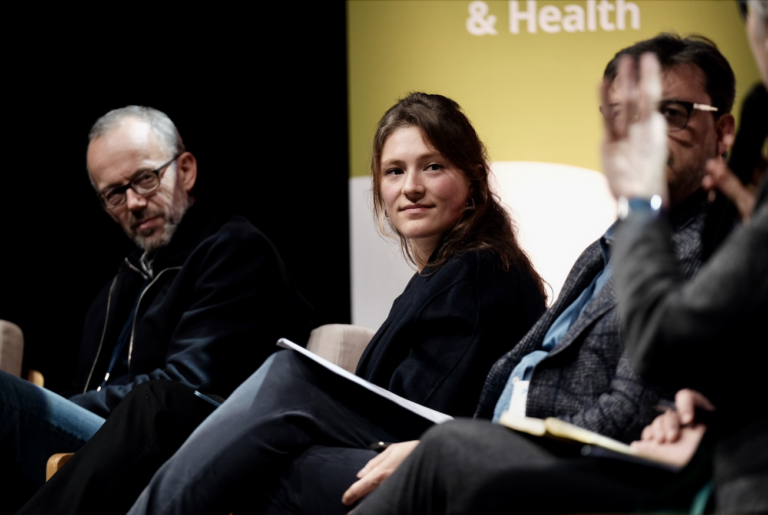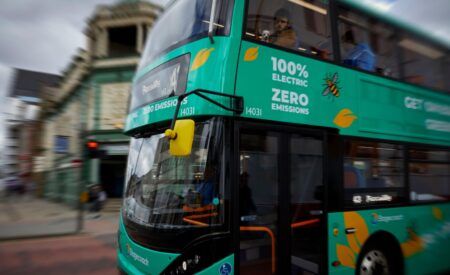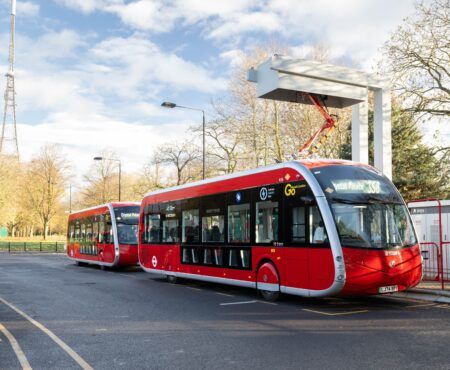The closing plenary at last week’s annual POLIS Conference in the Belgian city of Leuven brought together deputy mayors from across Europe to demonstrate just how sustainable mobility action pays off.
Today’s urban mobility leaders face a critical challenge. The status quo is no longer viable, and a transition to more sustainable, more equitable and smarter transport in cities and regions is vital. Yet, many fear sustainability agendas and political success are incompatible. How to decarbonise and decongest our cities, while securing a second term, is the question on everybody’s lips.
The Annual POLIS Conference convened cities, regions, and stakeholders from across the transport sector to answer this question- and many more.
The shift to a more sustainable urban mobility is shrouded in misinformation and confusion, and thus cementing this urgent shift in a (democratic way) is all too often an uphill battle for policymakers and practitioners.
Transformative change demands dedication, tenacity, and bravery. Yet, such resilience pays off. Across Europe, local, national, and international decision-makers are proving that progressive policies pay.
From Rome to Stockholm, Utrecht to Ghent, Mayors and Deputy Mayors are championing cleaner mobility and more inclusive urban space. Cleaner, shared, and active forms of transport are slowly reshaping our cities to include those they have historically marginalised, support local businesses and cutting carbon emissions.
Momentum is growing, but how is the movement strenthened, and accelerating at the speed necessary? And how to deal with backlash and get buy-in from citizens to bring about the much-needed transport transformation towards a more sustainable future?
Over two days, the Annual POLIS Conference provided a unique forum for cities, regions, academics, operators, and others from across the industry to share what they have been doing and learn from their peers. The closing Plenary brought this all together, examining how we create and support a much-needed transformation in public opinion, connecting policymakers and citizens.
“Politicians overestimate the resistance to sustainable policy measures, including sustainable mobility policy measures” said keynote speaker, Stefaan Walgrave, professor of political science at the University of Antwerp. “But in the long run, politicians do win with sustainable policies. Once people get over their cold-feet responses, once the policies are actually implemented, many people will probably agree after a while that this was the best choice and that their lives have become better and not worse.”





